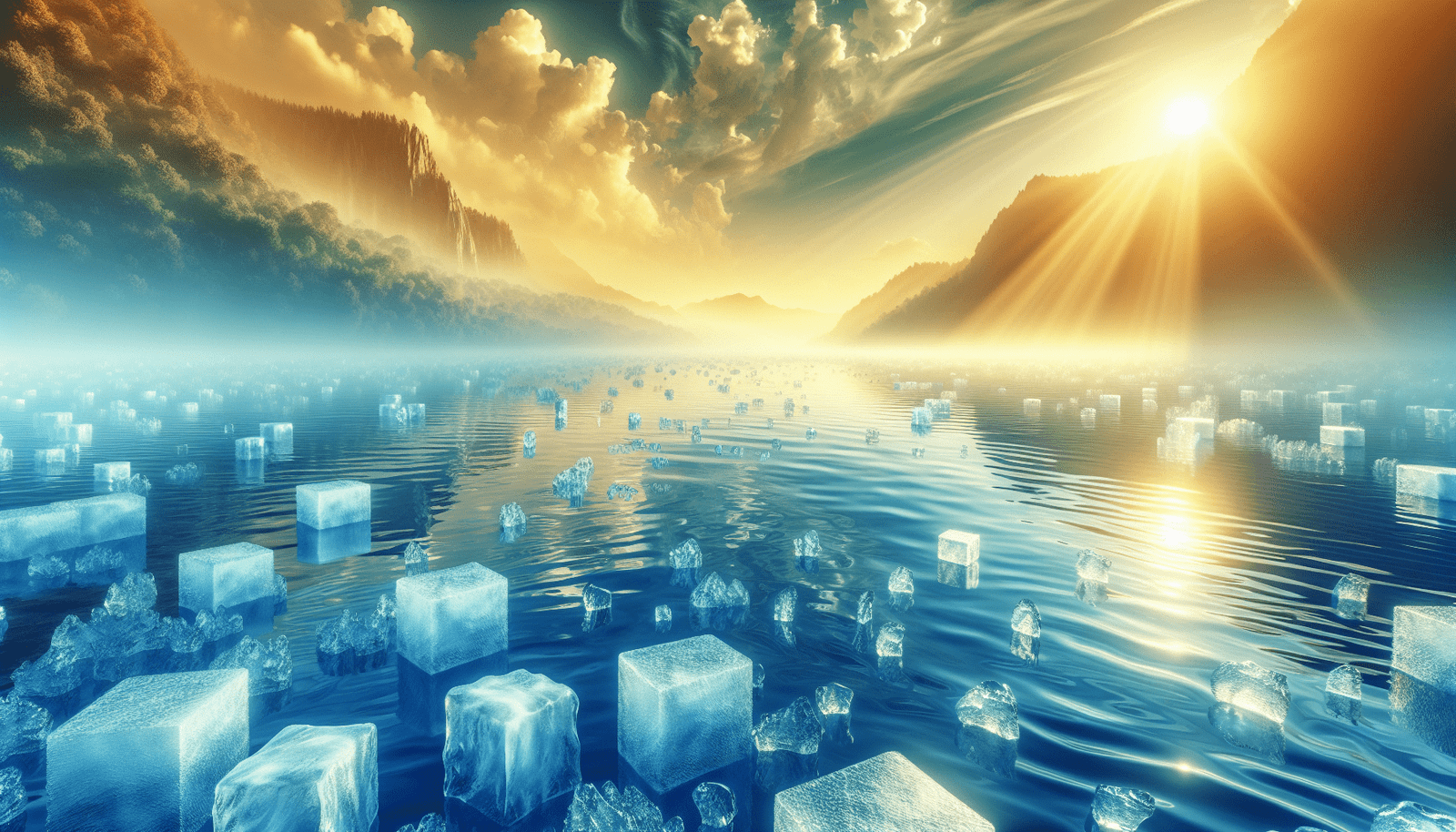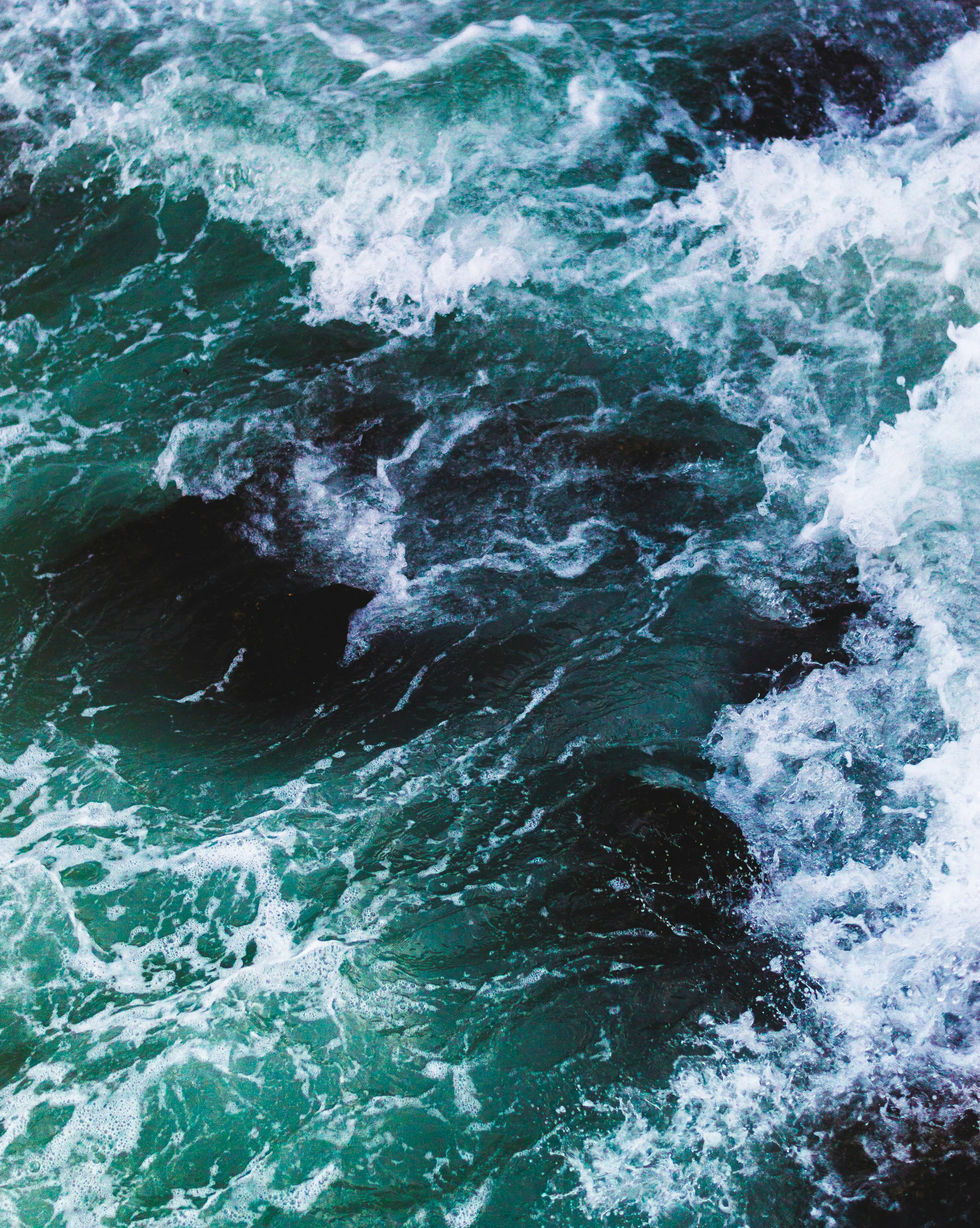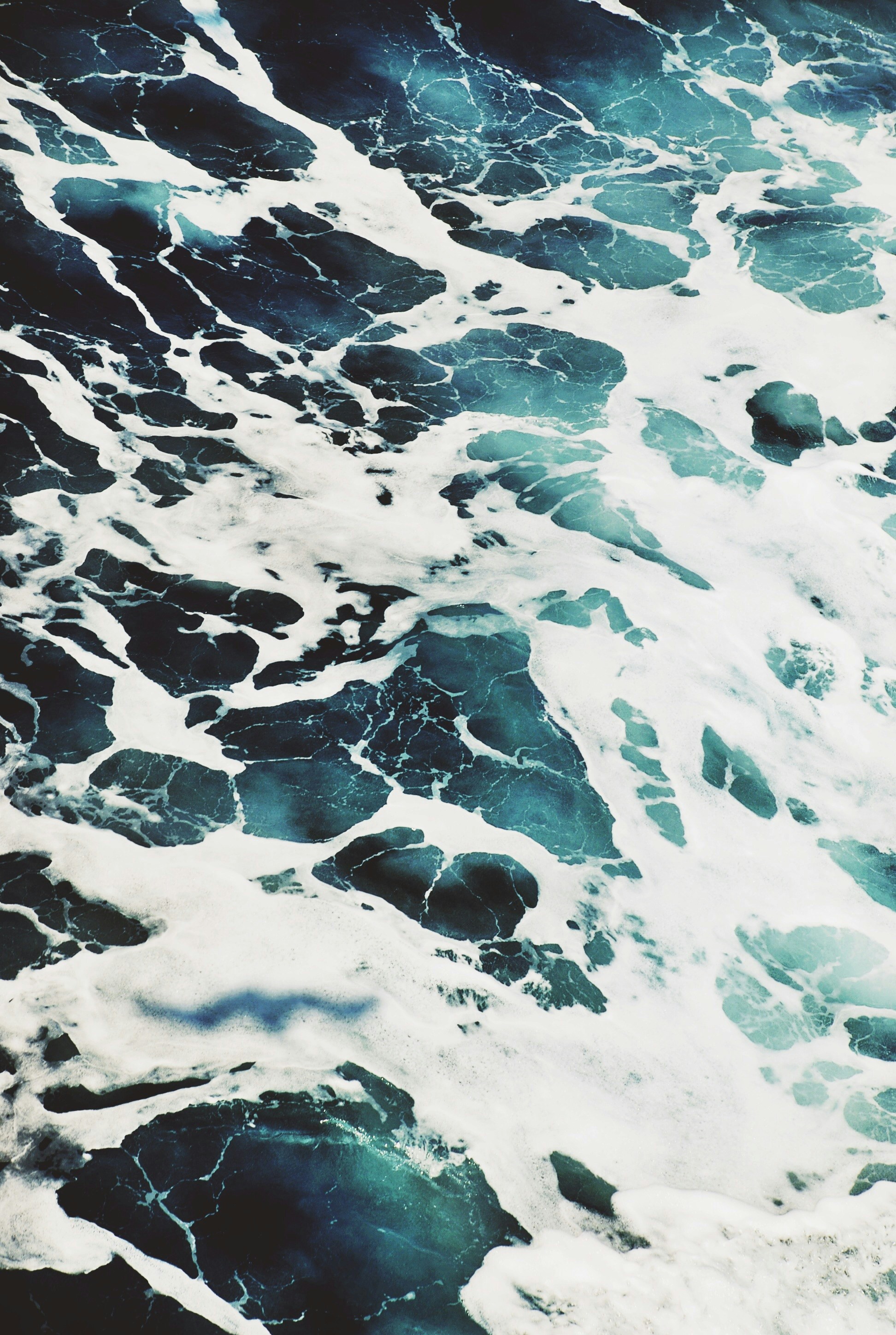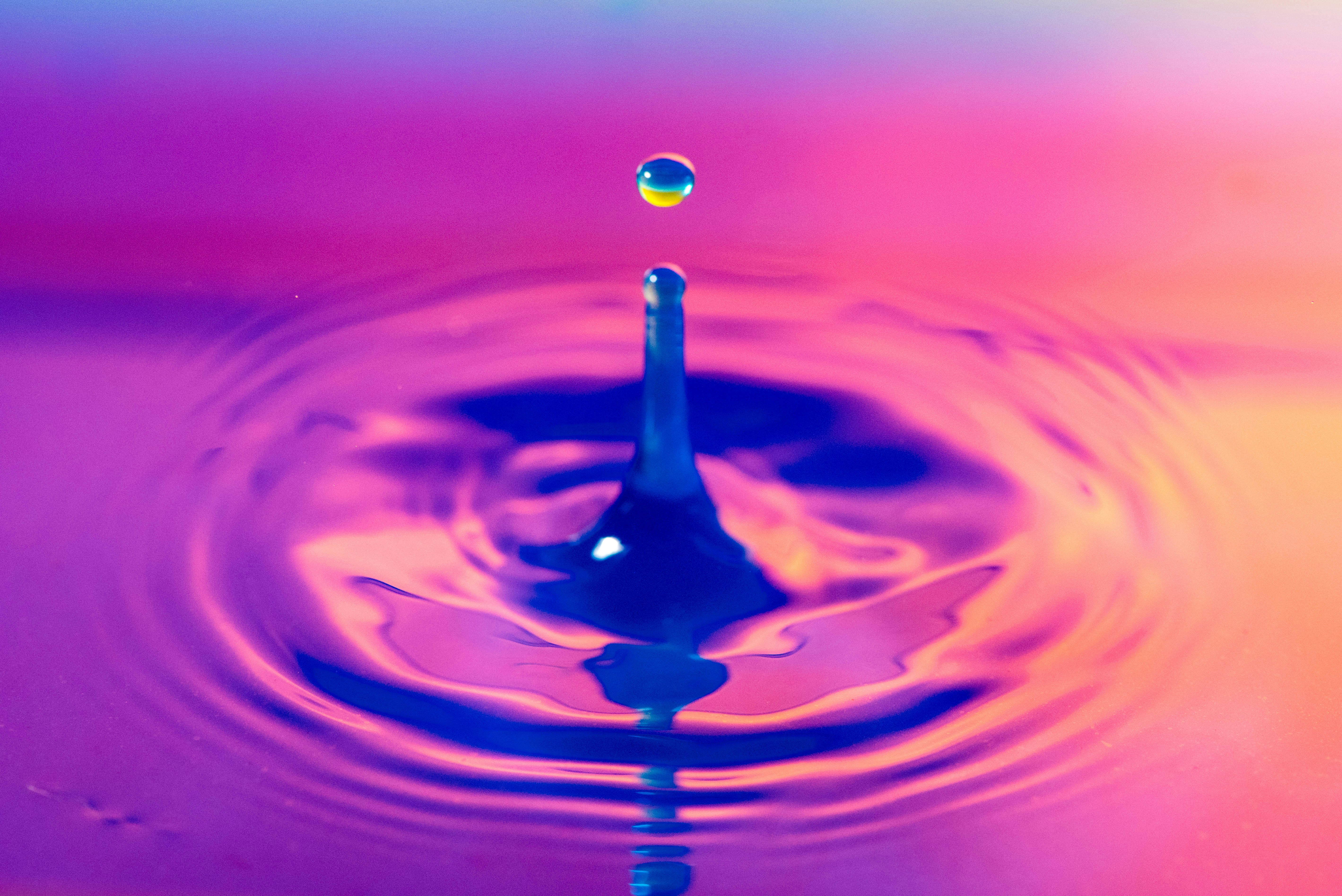Have you ever wondered what keeps top athletes motivated to push their limits? The answer might surprise you: cold water therapy. As simple as it sounds, immersing yourself in cold water is not only invigorating but also deeply beneficial for athletic performance.
Cold water therapy might sound intimidating initially, yet it holds untapped potential for enhancing your athletic motivation and performance. It’s been gaining traction in the athletic world for its numerous benefits, which are not just physical but psychological, too.
What is Cold Water Therapy?
Cold water therapy involves exposing your body to cold temperatures, either through immersion in cold water or by using cold water showers. This practice has roots extending back centuries in various cultures and remains popular today, especially among athletes.
Different methods exist to expose oneself to cold water, ranging from cryotherapy chambers to cold showers and ice baths. Each method has its unique set of benefits, all tied to the invigorating embrace of cold water.
The Science Behind Cold Water Therapy
When you expose your body to cold water, blood vessels constrict and redirect blood to the vital organs to maintain core temperature. Upon leaving the cold environment, your body immediately begins to warm up, resulting in a rush of blood back to the muscles, enriching them with oxygen and nutrients.
This physiological response not only aids in faster recovery but also enhances muscle repair. With repeated exposure, it can increase your body’s resilience, making you better prepared for athletic challenges.
How Cold Water Therapy Enhances Athletic Recovery
Athletic performance is not just about how hard you train but how effectively you recover. Cold water therapy aids recovery through its anti-inflammatory properties. By reducing muscle soreness and inflammation, it accelerates the natural repair process, which is crucial for maintaining peak performance.
Consider the example of athletes who have post-exercise soreness or small muscle tears from intense workouts. Cold water expedites recovery, allowing you to return to training with renewed vigor faster than traditional methods.
Cold Water Therapy and Athletic Motivation
You might wonder how cold water exposure relates to motivation. The very sensation of cold water acts as a mental challenge that builds resilience and fortitude over time. When you regularly conquer the discomfort of cold water, other challenges, like rigorous training sessions, may feel less daunting.
Psychological Benefits of Cold Water Immersion
Apart from physical advantages, the mental benefits of cold water therapy are substantial. Cold water immersion can act as a form of stress relief. It activates the parasympathetic nervous system, which helps calm your mind, reduce anxiety, and increase your focus.
This mental clarity leads to improved concentration and motivation, helping you maintain your drive towards athletic goals. Simply put, cold water therapy trains your mind as much as it trains your body.
The Impact on Cognitive Function and Motivation
Cold water therapy influences your cognitive functions by flooding your brain with adrenaline and endorphins. This ‘feel-good’ mix enhances a sense of well-being and achievement, providing an extra psychological boost.
When you talk about motivation, it’s also essential to consider how mental clarity and focus can impact your drive. Consistent engagement with cold water therapy can keep your mind sharp, preparing you mentally for peak performance in your sport.
Enhancing Discipline and Consistency
For many athletes, motivation isn’t just about sparking initial enthusiasm but maintaining it over time. Cold water therapy builds discipline as it requires you to confront and endure discomfort regularly. This discipline translates to consistency in training schedules, dietary habits, and overall lifestyle choices that support athletic goals.
Cold Water Therapy Techniques for Athletes
Integrating cold water therapy into your routine can initially seem daunting, but with the right techniques, it becomes manageable. Here’s a quick guide to help you get started:
| Technique | Description | Duration | Frequency |
|---|---|---|---|
| Ice Baths | Immersion in water with ice | 10-15 minutes | Post-workout |
| Cold Showers | Regular showers, turning water as cold as you can handle | 5-10 minutes | Daily |
| Cryotherapy | Whole-body exposure to cold air | 2-3 minutes | Several times a week |
Tips for Beginners
- Start Slow: Gradually increase exposure time as your body adapts.
- Stay Consistent: Regular practice yields the best results.
- Listen to Your Body: Never push yourself too hard. Pay attention to how your body responds and adjust accordingly.
Considerations and Precautions
While cold water therapy offers many benefits, it’s crucial to approach it with caution. People with cardiovascular conditions or certain chronic illnesses should consult with a healthcare provider before starting.
Similarly, athletes new to cold exposure should be aware of the body’s warning signs to prevent hypothermia or other adverse effects.
Understanding the Risks
The most significant risks involve overexposure and incorrect implementation. Always prioritize your safety by preparing adequately before immersing in cold water. This could involve ensuring the availability of warm clothing or towels post-therapy to gradually bring your body back to normal temperature.
The Community and Culture of Cold Water Therapy
Cold water therapy has evolved beyond personal practice into a lifestyle embraced by communities worldwide. Athletes and wellness enthusiasts gather for group immersions, sharing experiences and motivating each other to embrace the cold.
Support Systems
Having a network to exchange tips and experiences can bolster your confidence and success with cold water therapy. Consider connecting with local groups or online communities to share advice, progress, and encouragement.

Integrating Cold Water Therapy with Training Programs
For peak results, cold water therapy should not operate in isolation. Integrate it into a comprehensive training program tailored to your athletic goals. Consider the following:
- Timing: Optimize the timing of cold exposure post-training to take full advantage of recovery benefits.
- Nutrition: Support your cold therapy with a balanced diet to ensure effective muscle repair and mental focus.
- Cross-Training: Complement cold exposure with different forms of training that align with your athletic objectives.
Success Stories: Athletes Who Swear by Cold Water Therapy
The effectiveness of cold water therapy is evident in the testimonies of athletes who attribute their success to its benefits. From Olympians to local sports figures, many have tapped into the power of cold immersion to enhance motivation and elevate performance.
Real-Life Examples
- A marathon runner credits her increased endurance and shortened recovery time to regular ice baths.
- An elite swimmer uses cold water therapy to maintain sharp mental focus and stay motivated during grueling training schedules.
These stories provide compelling evidence of cold water therapy’s potential in pushing athletic boundaries.

Addressing Common Misconceptions
Despite its growing popularity, misconceptions about cold water therapy abound. Some believe it’s painful or that the cold temperature can hinder muscle growth. In reality, when correctly implemented, cold water therapy is not only effective but also safe.
Debunking Myths
- Pain Factor: While discomfort is expected initially, many find it becomes tolerable and even refreshing over time.
- Muscle Impact: Research suggests that cold water therapy actually aids muscle recovery without significant adverse effects on long-term muscle growth.
The Future of Cold Water Therapy in Sports Science
As sports science advances, the scope of cold water therapy continues to expand with new research exploring its myriad benefits in-depth. Future studies might unveil even more precise guidelines for maximizing its impact on athletic performance.
Innovations and Research
Emerging trends in wearable technology and data analysis promise to offer personalized cold therapy experiences, tailoring recommendations based on individual physiological responses.
Conclusion
Cold water therapy stands as a beacon for enhanced athletic motivation. By incorporating this practice, you not only physically recover better but also mentally prepare yourself to face any challenge head-on. Keep an open mind, step into the invigorating cold, and experience the shift in your athletic journey. Your pursuit of motivation and excellence deserves this refreshing edge.




